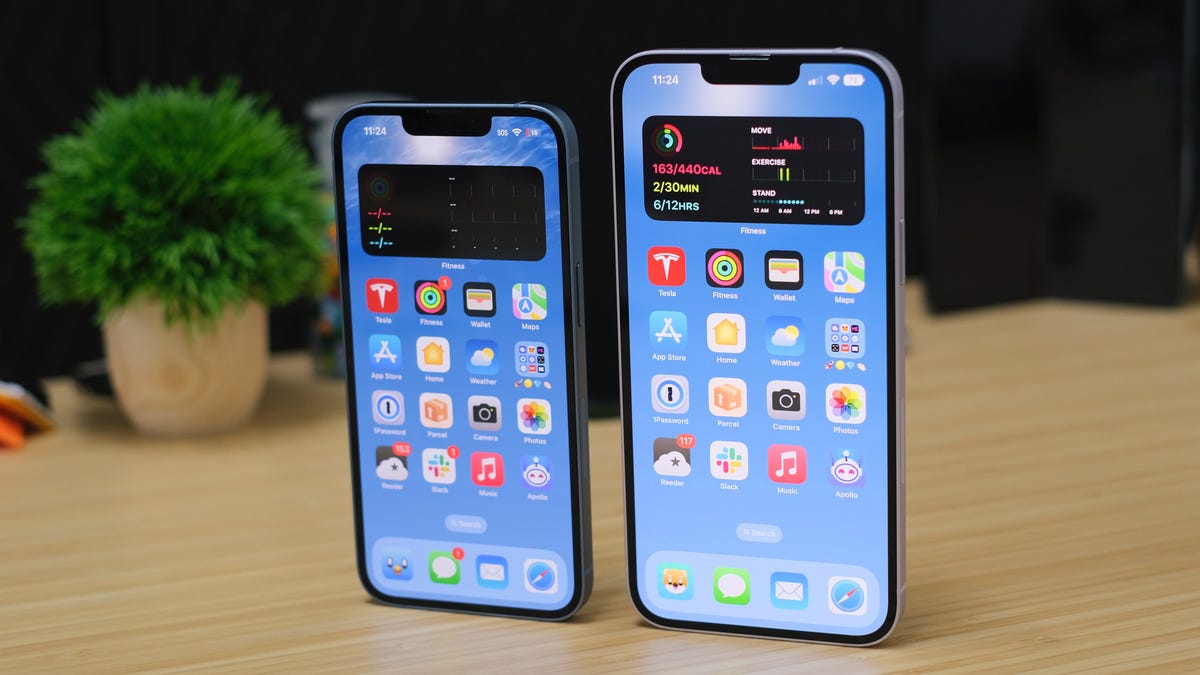Remote work is hard. Here are five ways to make it easier

Hybrid work is becoming the norm in the workforce. People spend about two days a week in the office and rave about decreased expenses, increased productivity, and a better work-life balance.
But with fewer trips to the office and fewer opportunities to meet and interact with other employees, hybrid and remote workers risk becoming detached from their company culture. According to a study by tech analyst Gartner, 60% of hybrid workers solely identify with their company culture through their direct manager.
The strength of a company’s culture is vital because it can dictate how a new employee will perform in their role. Weak company culture can leave hybrid employees feeling isolated, lonely, alienated, and ready to quit. According to Gartner, companies should strive to achieve culture connectedness, which is employees’ feeling that they can identify with, care about, and genuinely believe in their company culture.
“Despite acting as a critical influence on their employees’ connection to organizational culture, most managers don’t know how to intentionally cultivate culture connectedness in a hybrid environment,” said Ashley Steele, vice president of Gartner HR.
Also: Hybrid working: Why more needs to be done to help women thrive
To help employees feel connected to their organization, managers need to first thoroughly understand the company culture and be able to integrate it into their daily work. But according to Gartner, less than half of managers are able to explain the importance of their company culture.
To mitigate this problem, Gartner suggests managers measure their employees’ understanding of company culture on a broader level. Managers should explain how general policies coordinate with their teams’ work and brainstorm behaviors that don’t align with company culture.
To further connect with hybrid and remote employees, Gartner says managers should include five activities to connect employees with company culture: peer recognition, performance reviews, manager support during a challenging personal experience, celebrating success, and observing senior leaders talk about organizational purpose.
Peer recognition and performance reviews
Peer recognition allows employees to recognize one another and helps managers reinforce company values and objectives. Performance reviews can help managers assess an employee’s performance within the organization while also gaining insight into what personal factors may affect their work, further emphasizing the connection between managers and employees.
Also: Going back to the office is a ‘productivity killer’
Support during challenging times
Managers who support their employees through difficult times can reinforce the professional bond between the two, Gartner says. The analyst’s research found that 55% of culturally connected employees felt secure in their company culture when their managers offered personal support.
Celebrate success
Remote and hybrid workers should be celebrated when they accomplish something at work, as frequent accolades can help close the physical gap between workers and managers.
Talk about organizational purpose
Senior leadership should often showcase the purpose of individual roles, team roles, and the company as a whole. Doing so makes employees feel like they are participating in something bigger than themselves, which increases cultural connectedness, according to Gartner.
“Organizations struggle to transfer the ‘something special’ of their culture from an in-person to a hybrid or remote environment,” Steele said.
“Managers can use these five moments to reinforce how employees connect with, and impact, the business and that they are seen as humans, not workers.”





Pingback: ผ้ายางปูพื้นรถยนต์
Pingback: https://netszex.com/inter/www/kezbesit/cxk.php?ct=1&oaparams=2__brrid=46__zonaid=11__cb=de5f18cbab__celoldal=https://ecgma.co.za/